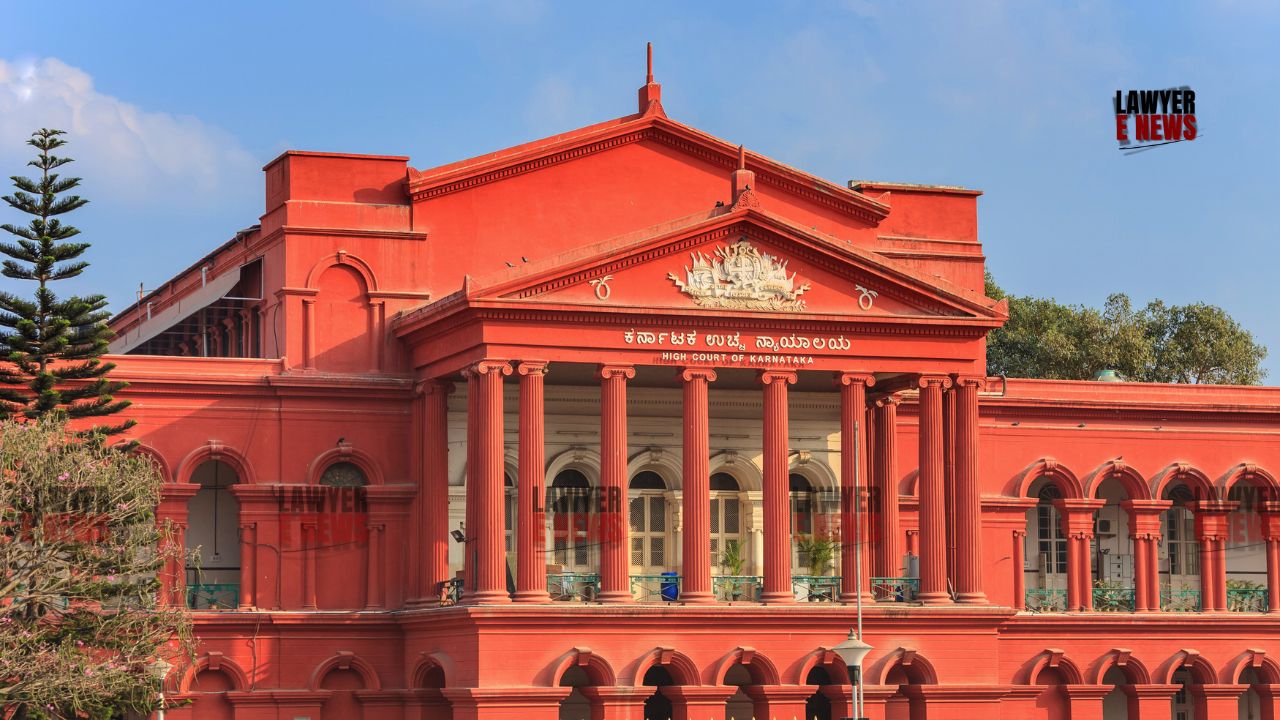-
by Admin
15 February 2026 5:01 PM



In a significant ruling, the Karnataka High Court at Dharwad, led by Justice Sachin Shankar Magadum, addressed the contentious issue of licensing requirements for recreational clubs. The court's decision mandates specific compliance measures, such as the installation of CCTV cameras and issuance of ID cards, while affirming that lawful activities within such clubs do not require licenses under the Karnataka Police Act, 1963. This judgment, delivered on May 27, 2024, delineates the responsibilities and rights of recreational clubs and the jurisdictional police, aiming to balance regulatory oversight with the freedom to conduct legal recreational activities.
The petitioner, Sri Harsha Recreation and Association, is a registered society under the Karnataka Societies Registration Act, operating a recreation club that offers games like chess, darts, rummy, carom, video games, electronic amusement games, and dice games. The club's membership is exclusive, restricting access to its members only. The petitioner approached the High Court seeking relief from the police's insistence on obtaining a license to conduct these activities, which they argued were not covered under Sections 6 and 7 of the Karnataka Police Act, 1963.
The petitioner contended that the recreational activities in question do not fall under the licensing provisions of the Karnataka Police Act, 1963. The court, referencing the earlier decision in W.A.No.728/2020, agreed with this position but emphasized the need for regulatory measures to ensure lawful conduct within the club's premises.
The court directed the petitioner to install CCTV cameras at all access points and areas where games are played. The footage must be maintained for at least 15 days and made available to the jurisdictional police upon request. This measure aims to enhance transparency and accountability, ensuring that the club's activities remain within legal bounds.
The court mandated the issuance of identity cards to all club members. These cards must be presented during police raids or surveillance operations, facilitating easy identification and verification of authorized individuals.
To prevent unauthorized access, the court ruled that non-members and guests cannot utilize the club's facilities for playing games or engaging in recreational activities. This restriction aims to maintain the exclusivity of the club's membership and prevent potential misuse by outsiders.
The judgment explicitly prohibits any activities that fall under Sections 2(14) and 2(15) of the Karnataka Police Act, 1863, or involve games of chance with stakes. The club must implement mechanisms to ensure compliance with this directive. Any violation detected by the police can result in legal action against both the club and the offenders.
The jurisdictional police are granted the authority to conduct periodic inspections and act on any information suggesting unlawful activities within the club. This provision ensures continuous oversight and swift action against any infractions.
The court directed the police not to interfere with the lawful recreational activities of the club members, provided all conditions are met. This protects the club's right to conduct legal activities without undue harassment or interruption.
The court also emphasized the necessity of adhering to COVID-19 safety protocols, including social distancing, use of sanitizers, and wearing masks during all activities within the club premises.
The Karnataka High Court's ruling clarifies the licensing requirements for recreational clubs and establishes a framework for lawful operations. By mandating CCTV surveillance and member identification, the court aims to ensure transparency and prevent illegal activities. This judgment serves as a precedent for similar cases, balancing regulatory oversight with the protection of lawful recreational activities.
Date of Decision: May 27, 2024
